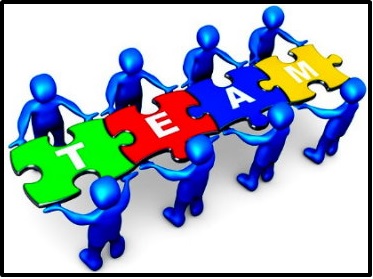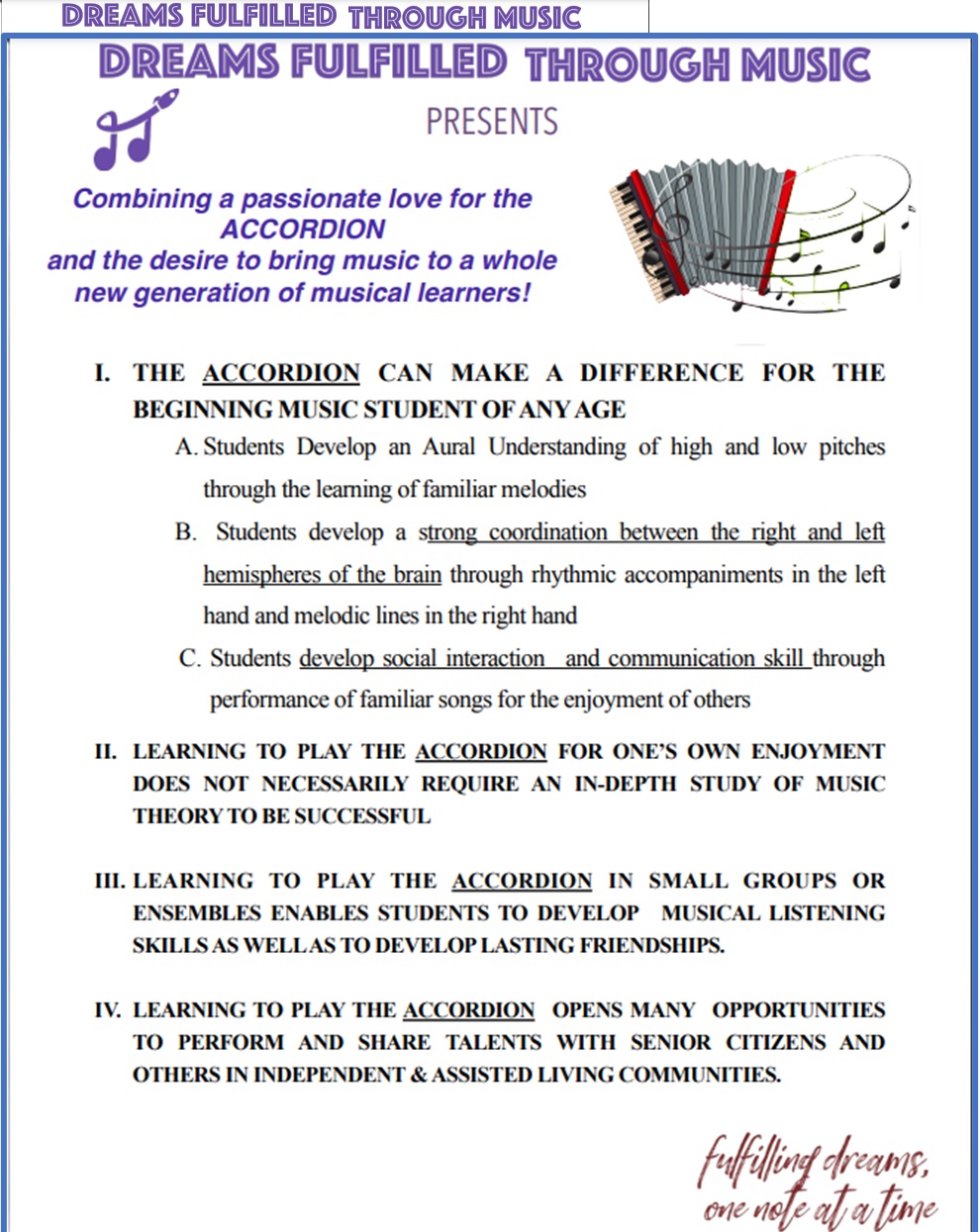| Name and Link |
Workshop 1 |
Workshop 2 |
Workshop 3 |
| Albreski, Dick |
Fun Band Training Sessions |
Youth Band Training Sessions |
Saturday Performances |
| Archuleta, Mary K. |
Dreams Fulfilled Through Music |
Vendor Room: Display and Conversations |
|
| Bisciglia, Bob |
Playing in Totally Different Venues |
|
|
| Brooke, Lori |
Western Swing Fundamentals |
Western Swing Chords and Construction |
Western Swing Jam Session |
| Clements, Elijah |
Vendor area: Swap Shop Mgr. |
Lec: Taking Care of Your Accordion |
Accordion Petting Zoo (4 Beginners) |
| Covone, Mary Ann |
Introduction to the Accordion |
Musicality |
Expanding Musical Abilities |
| Frauenthal, Max |
New Jamming Techniques |
Max and Roy are providing the music |
|
| Helsing, Roy |
Musical Jam Techniques With Max |
|
|
| Fries, Ian |
Care for the Accordionist hands |
Complex Chords on the Stradella Bass |
|
| Kohl, Gordon |
Learning New Italian Love Songs |
Reading Music and Applying Chord Theory |
Movie Theme Songs for the Accordion |
| Meixner, Alex |
Engaging an Audience With a Band |
Engaging an Audience as a soloist |
Alex Opens the Thursday Concert |
| Seaton, Sharon |
The Business of Playing the Accordion |
|
|
| White, Mitch |
Hear It, Play It, and Share It |
Expanding Your Creativity (Doodling) |
Deepening Your Connection to Music |



 Meet Your 2024 Team of Teachers!
Meet Your 2024 Team of Teachers!

